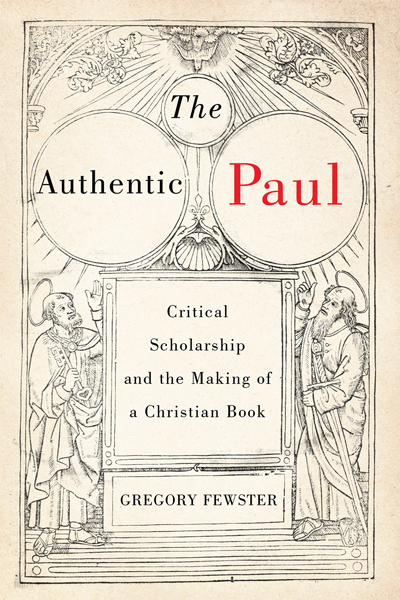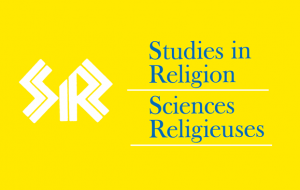A textual history investigating how philologists have constructed the authenticity of Paul’s letters.
The Authentic Paul traces the efforts of scholars, from antiquity to the modern period, who endeavoured to make an authoritative book of Paul’s letters free from textual variation and forgery. Engaging recent trends in the study of religion and book history, it challenges one of philologists’ fundamental assumptions: that authenticity is an inherent property of literature that can be recovered or destroyed. Gregory Fewster draws the philology of Paul, in both its ancient and modern forms, into the wider world of critical philology and its dynamic traditions of practice. Through analyses of ancient papyri and literary texts, early print journals, and critical editions, he shows how the value of authenticity is entangled with the ways that scholars assess Paul’s legitimacy and their own amid dense literary landscapes and intellectual debates.
The Authentic Paul illustrates in vibrant detail what it means – in a world full of texts – to make the letters of Paul authentic, and why practices of authentication are always culturally determined.


